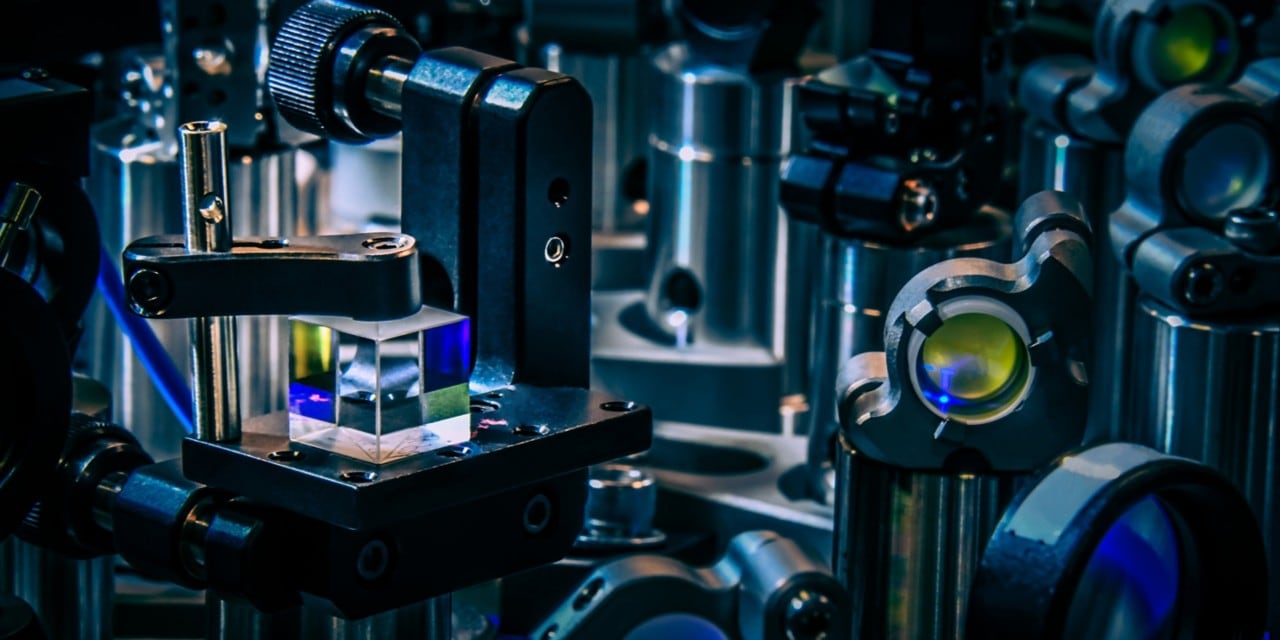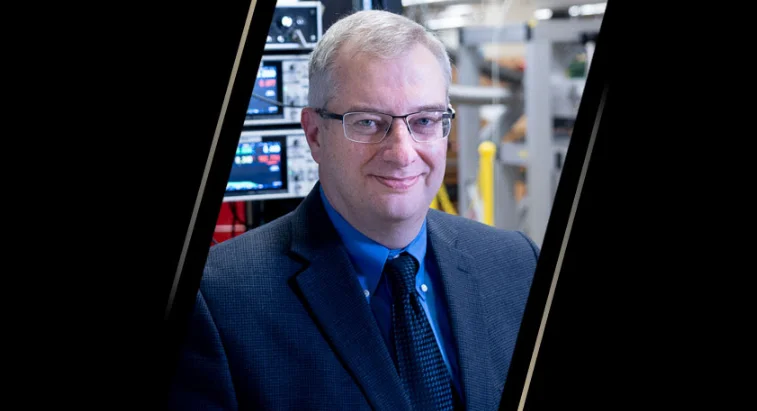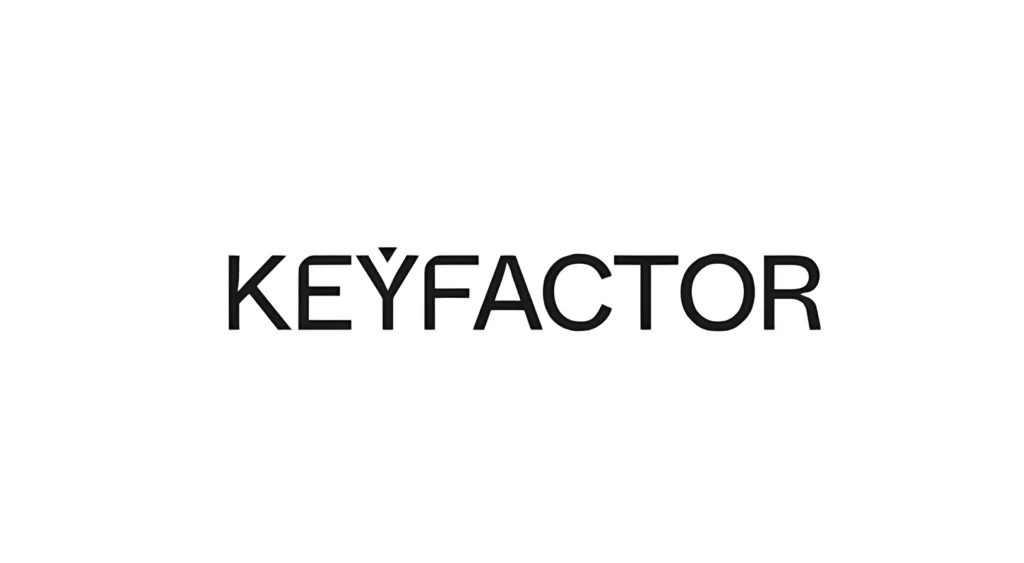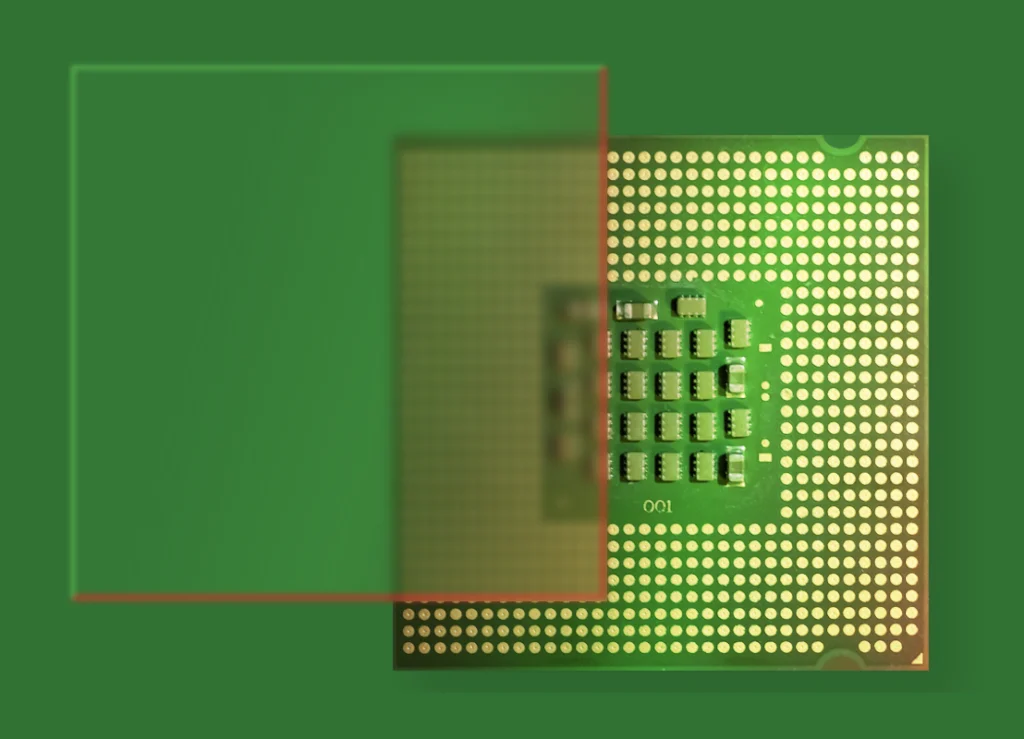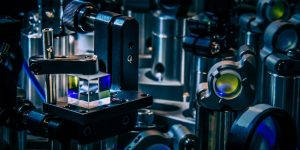
Honeywell Quantum Solutions reports that through performance upgrades, System Model H1 achieved a quantum volume of 512, the highest measured on a commercial quantum computer to date.
It is the third time in nine months Honeywell has set a record for quantum volume on one of its systems. Quantum volume is one way scientists measure the performance and error rates of a quantum computer. It expresses the maximum size of square quantum circuits that can be implemented successfully by the computer.
The milestone represents a four-fold increase in performance for the System Model H1, which set a record when it was released in September 2020 with a quantum volume of 128.
This high performance, combined with low error mid-circuit measurement, provides unique capabilities with which quantum algorithm developers can innovate.

According to Honeywell’s research team, the average single-qubit gate fidelity for this milestone was 99.991(8)%, the average two-qubit gate fidelity was 99.76(3)% with fully-connected qubits, and measurement fidelity was 99.75(3)%. We ran 300 circuits with 20 shots each, using standard QV optimization techniques to yield an average of 76.82 two-qubit gates per circuit.
The System Model H1 successfully passed the quantum volume 512 benchmark, outputting heavy outcomes 73.32% of the time, which is above the 2/3 threshold with 99.54% confidence.
Honeywell’s quantum systems are accessible directly and through ecosystem partner platforms, including Microsoft’s Azure Quantum, Cambridge Quantum Computing’s tket, Zapata Computing’s Orquestra, and the Strangeworks QC™ platform. In addition to offering high-fidelity, fully connected qubits, our system features a unique mid-circuit measurement capability, which enables users to explore new classes of algorithms and to greatly reduce the number of qubits needed for certain algorithms.
For more information about accessing the system, you can contact QuantumSolutions@Honeywell.com.
If you found this article to be informative, you can explore more current quantum news here, exclusives, interviews, and podcasts.

